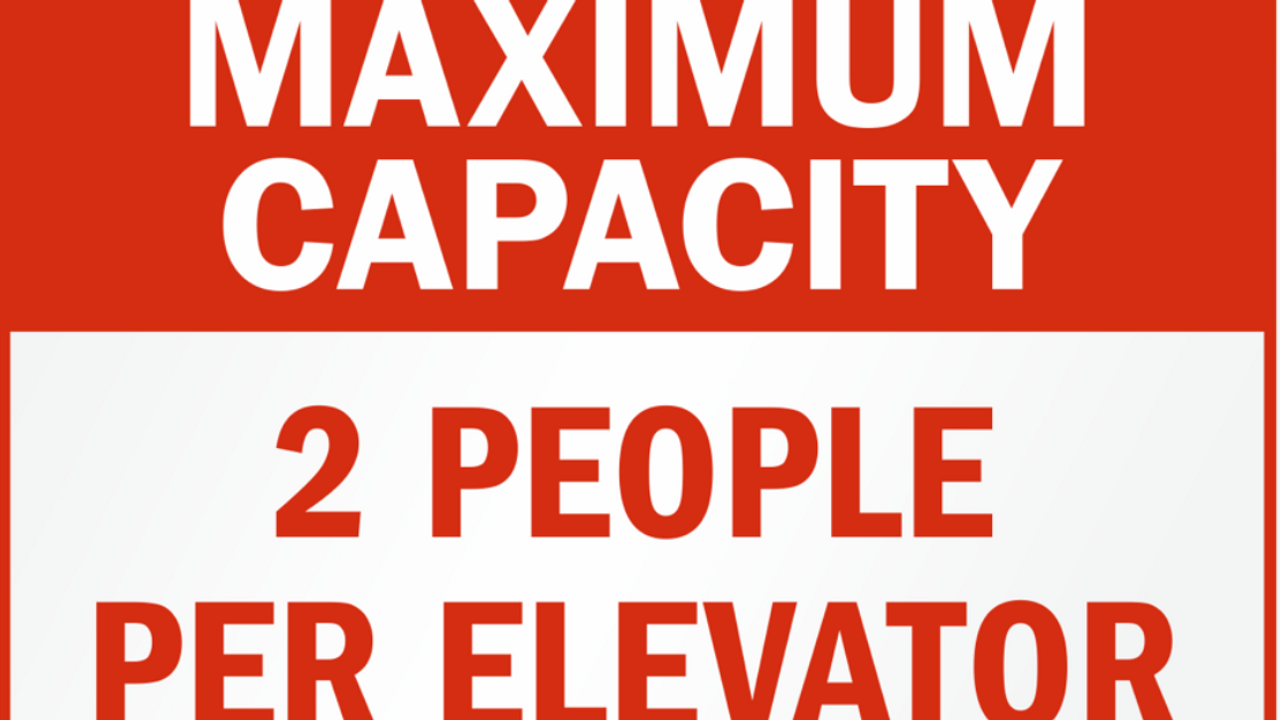Control Your Capacity

When I was young I learned to juggle. I could take 3 juggling balls and swiftly elevate them into the air in a whole host of various and complicated patterns. Then someone would throw a 4th ball into the mix and without thinking I could absorb the extra strain and just about manage to keep the routine going. A 5th ball would be introduced but this time it was too much and then...disaster, I would drop them all - I had reached the limit of my capacity! The point is, I didn’t just drop the two that I was struggling with, even though I was easily able to manage three, trying to manage 5, meant they all came tumbling down.
So what’s this got to do with you? If you entered an elevator you would always see a sign warning you of the capacity of the lift. If you exceeded the capacity there would be undue strain on the cables and pulleys which could lead to poor performance and even put the inhabitants at risk of danger. The same is true of your own workload and job role. If you take on too much, especially if it’s for too long, you can potentially sacrifice all of the other work that you were easily managing. When you are overloaded, very quickly, some can feel a sense of overwhelm and even panic and if things don’t return to some degree of balance, burnout can be just around the corner.
So what are the ways to increase capacity - we give you our top three.
Find time: There are two ways to find extra time to do more. The first is to stop wasting time on things that don’t fit with your goals. Whether it's sleeping in too long in the morning, going down the rabbit hole of youtube links or even just vegging in front of the TV, there are often places where we can be more efficient with our time.
The second way of finding time is organising yourself and your tasks. For example, if you check your emails to find out what work you have to do, could you do it at a time when you could immediately action some of it rather than check and recheck. Grouping activities is another way of creating more time. If you have people to get in contact with, you could potentially divide these into categories of e.g. people that need phone calls, people that need emails etc. The aim is to be more efficient with tasking.
Know when to stop: Often we get those long drafts to read through and you can feel that you aren’t really in the mood but know that you want to get it done. You gradually hack through a document with your attention wandering backwards and forwards from what you have to do later, to what should you have for dinner. STOP! At this stage you want to recognise that this is an inefficient use of your time. Try and find another activity that would fit with your current level of wakefulness and engagement. If there really is nothing else then read it standing or even take a quick break for a drink.
Know your limits: Learn how to recognise when you have reached your capacity. Often when we get to our limits we start feeling more tense anxious or overwhelmed. If you do start to experience any of these, take a birds eye view of what’s going on and don’t be afraid to ask for some help.
Whatever your own capacity, remember everyone is different and what you can manage may be completely different to a friend or colleague.
Author: Dr. Adam Greenfield, Co-founder of WorkLifeWell | Doctor of Chiropractic | Wellness Specialist
Follow Adam on LinkedIn


